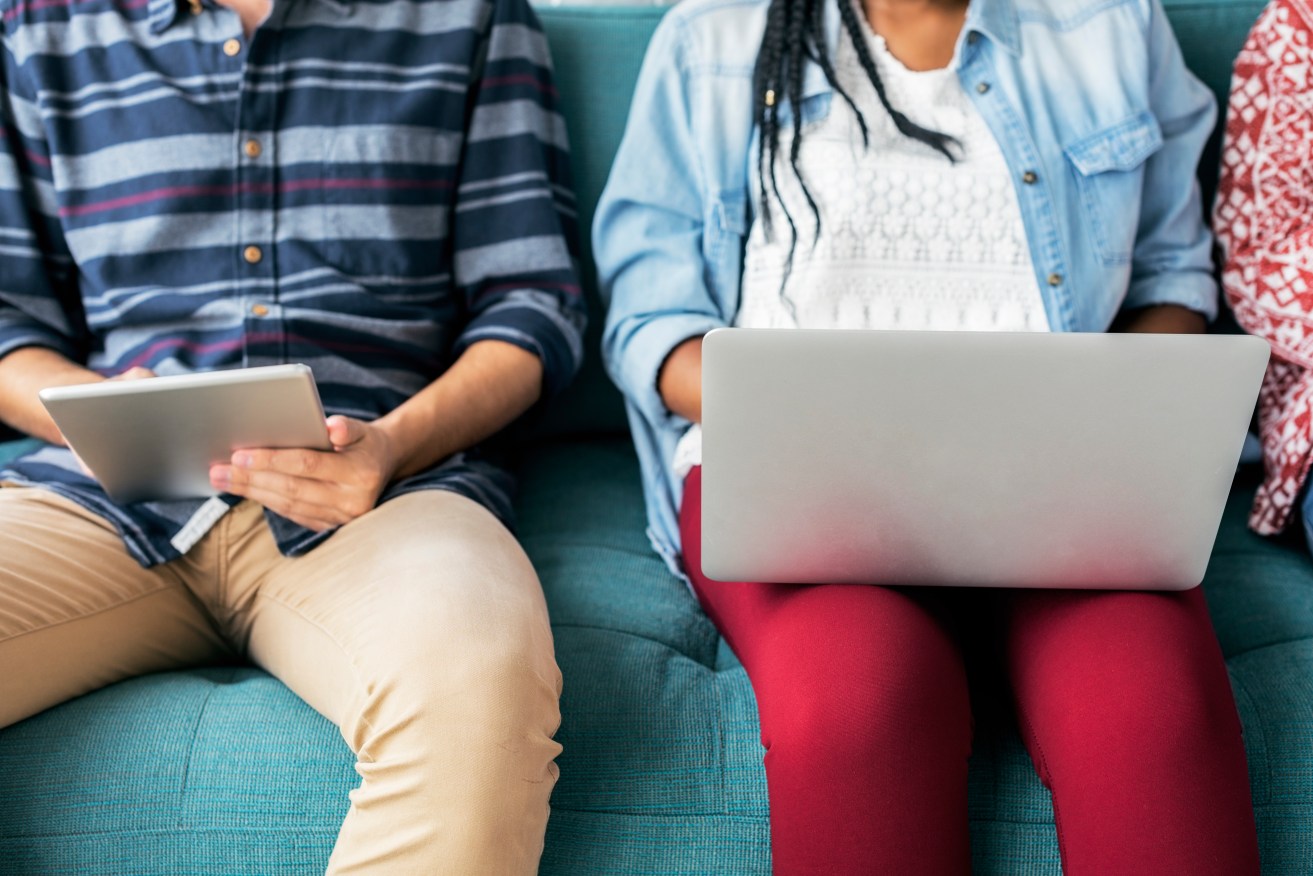Pride, independence, uncertainty: how young regional South Australians feel about their lives
Young people in regional South Australia care deeply about their communities and have ideas that deserve to be heeded by policy-makers, writes Commissioner for Children and Young People Helen Connolly.


The world is changing for children and young people in regional communities. They are globally connected and form part of a large generation of young people who have high expectations of their community leaders, with a desire to have their views and opinions listened to and acted upon.
Young people in regional South Australia contribute to conversations with other young people around the world through their social media channels daily. They are interested in issues of global concern such as climate change, politics, equal rights, refugees, mental health, poverty and homelessness. More than the generations before them, they know what to expect from leaders, and how they want to be treated.
Many of these issues were discussed as part of my nine-month “Hopes and Dreams” tour of regional South Australian communities where I spoke with children and young people in schools, clubs, scouts and guides halls, youth agencies and health service centres.
Some of the concerns raised included what happens if you are not into sport? Where do you find your place to belong? How do you hold down a part-time job after school if you can’t get there because there is no public transport? How do you stay in your community if there are no jobs, and what does your future in a regional town look like if you don’t feel as though you really belong?
The kids I spoke with talked about common themes, including wanting to have a good home, living with people they care about and getting a good job when they leave school. They also spoke about wanting to feel proud of where they live, and how they don’t necessarily want to leave their home towns, but can’t see the opportunities they need to create their futures available.
At the moment young people are not confident job opportunities will be available to them in their own communities in the future. Nor do they believe they will be able to access work experience that is connected to their interests and aspirations. They are also concerned that the lack of reliable internet access and limited free Wi-Fi connections will affect their ability to remain connected globally, to access education and online training, job seek, or be connected socially.
They also have many ideas about how to harness technology and creativity for the benefit of the communities in which they live…
They care deeply about how visitors perceive their towns. They want to feel good about themselves and they want to feel they are a valued part of their communities. Most of all, they want more opportunities to have input into the decision-making frameworks of their communities and for their ideas and contributions to be taken seriously and acted upon.
Representing up to 25 per cent of some local populations, regional children and young people have a lot to say about the issues that are of particular concern to them: jobs, the environment, services and transport. They have views about how inclusive their communities are to LGBTI+ young people, support for young people living with disability, access to bulk billing doctors, and welcoming refugees.
South Australia’s regional young people want us to know what life is really like for them. They also have many ideas about how to harness technology and creativity for the benefit of the communities in which they live, and would like opportunities to express these ideas in more formal frameworks.
Their ideas include making bikes more available, arranging for older people with time on their hands to support young people to get their driver’s license, establishing a regional university and using the internet to make worthwhile connections with other regional communities. Some want to see more renewable energy being used and more affordable transport options including ride-share arrangements. They would like more independence when it comes to accessing regional health care, and want more youth counsellors to be available more often.
As community leaders, we have a significant opportunity to harness the enthusiasm and energy of our young people, to facilitate the solutions they suggest, and to simultaneously enable them to feel more connected and supported to contribute to our regional communities so that they can contribute to making their home towns more sustainable.
I challenge South Australia’s regional leaders to think about new and innovative ways to engage young people in decision-making and to ensure their ideas are fed into policy development and planning that impacts them directly.
Helen Connolly was appointed South Australia’s first Commissioner for Children and Young People in 2017. She is responsible for promoting and advocating for the rights, interests and well-being of children and young people across the state.
Read the full Hopes and Dreams report here.
Want to comment?
Send us an email, making it clear which story you’re commenting on and including your full name (required for publication) and phone number (only for verification purposes). Please put “Reader views” in the subject.
We’ll publish the best comments in a regular “Reader Views” post. Your comments can be brief, or we can accept up to 350 words, or thereabouts.
InDaily has changed the way we receive comments. Go here for an explanation.




